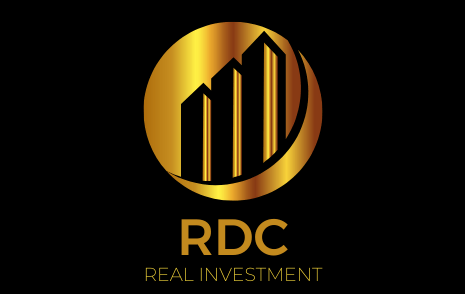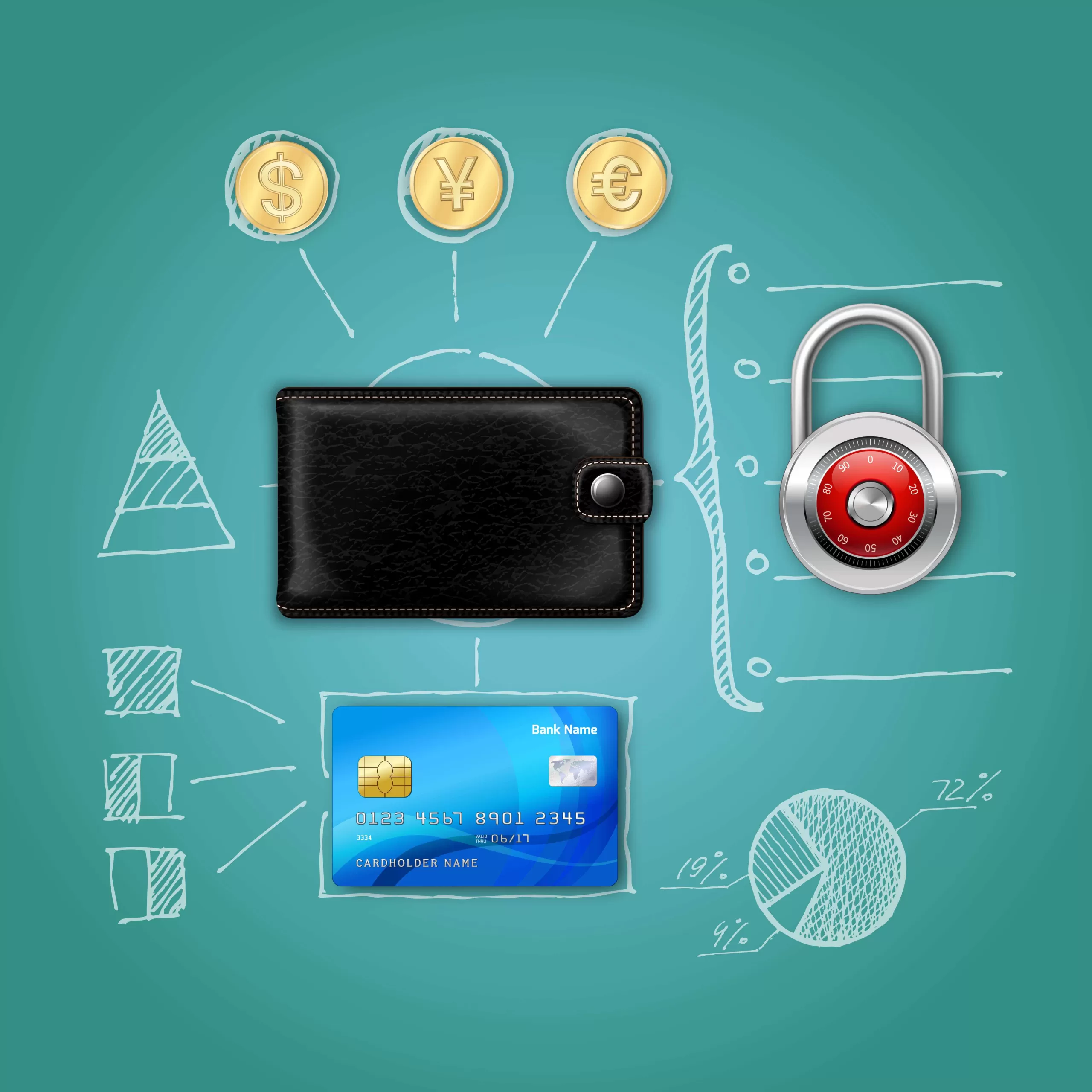Asset Tokenization on Blockchains
Asset Tokenization on blockchain: Transforming Finance. Real-World Assets on Blockchains: A Game-Changer for Both Crypto Enthusiasts and Skeptics.
In the ever-evolving landscape of blockchain technology, the concept of tokenizing real-world assets has emerged as a transformative force that transcends the boundaries of traditional finance. Next, this revolutionary innovation has garnered the attention of both crypto enthusiasts and skeptics alike, offering a promising avenue for diversification, security, and accessibility in the financial world.
[maxbutton id=”2″ url=”https://realdailycash.com/maximize-crypto-earnings-strategies/” text=”ACCESS NOW”]
Understanding Tokenization
What Is Tokenization?
Tokenization, in the context of blockchain technology, refers to the process of converting real-world assets into digital tokens. Furthermore, these tokens are securely recorded on a blockchain, a decentralized and immutable ledger, providing transparency and traceability like never before.
The Benefits of Tokenization
- Fractional Ownership: Tokenization allows for the fractional ownership of assets, making it possible for individuals to invest in high-value assets, such as real estate or fine art, with small amounts of capital.
- Liquidity: Unlike traditional assets that may be illiquid, tokenized assets can be easily bought or sold on blockchain-based marketplaces, enhancing liquidity and reducing transactional barriers.
- Transparency: Every transaction and ownership transfer of tokenized assets is recorded on the blockchain, offering unparalleled transparency and reducing the risk of fraud.
- Accessibility: Tokenization democratizes access to investments that were previously limited to a select few, opening up opportunities for a broader range of investors.
- 24/7 Trading: The blockchain operates 24/7, enabling continuous trading of tokenized assets, unlike traditional financial markets with fixed trading hours.
[maxbutton id=”2″ url=”https://realdailycash.com/real-estate-blockchain-shaping-millennial-investment/” text=”READ NOW”]
How Tokenization Works
Tokenizing real-world assets involves several key steps:
- Asset Valuation: An asset, be it real estate, art, or stocks, is carefully appraised to determine its value.
- Legal Compliance: The legal framework for tokenization is established, ensuring that the process adheres to regulatory requirements.
- Smart Contracts: Smart contracts, self-executing agreements with the terms of the tokenized asset, are created and deployed on the blockchain.
- Token Creation: Tokens representing ownership of the asset are minted and distributed to investors, each token corresponding to a fraction of the asset’s value.
- Trading Platforms: Tokenized assets are listed on blockchain-based trading platforms, where investors can buy, sell, or trade them.
Real-World Applications-Asset Tokenization on Blockchains
Real Estate Tokenization
Real estate, a historically illiquid asset class, has witnessed a surge in tokenization. Thus, Investors can now buy tokens representing fractional ownership in prime properties, providing diversification and reduced entry barriers to the real estate market.
[maxbutton id=”2″ url=”https://bit.ly/43zYQyZ” text=”KNOW NOW”]
Art and Collectibles
Tokenizing art and collectibles allows art lovers and investors to own shares of valuable artworks. Hence, this opens up the art market to a wider audience and enhances the liquidity of this traditionally niche asset class.
Company Equity
Startups and established companies alike are exploring tokenization as a means to offer equity ownership to a global pool of investors, simplifying the fundraising process and promoting inclusivity.
Commodities
Commodities like gold, oil, and agricultural products can also be tokenized, enabling individuals to invest in these assets with ease and flexibility.
[maxbutton id=”2″ url=”https://realdailycash.com/real-estate-investing-the-ultimate-guide/” text=”ACCESS NOW”]
Security and Trust-Asset Tokenization on Blockchains
Blockchain technology, with its robust security features and decentralized nature, ensures the integrity of tokenized assets. Therefore, Immutable records on the blockchain prevent fraudulent activities, and ownership changes are executed transparently through smart contracts, eliminating the need for intermediaries.
Overcoming Skepticism
Even among the most ardent crypto skeptics, the benefits of tokenizing real-world assets are hard to ignore. Thus, the enhanced transparency, liquidity, and accessibility provided by blockchain technology offer compelling reasons to consider this innovative financial approach.
Conclusion-Asset Tokenization on Blockchains
In summary, in a world where financial markets are constantly evolving, tokenizing real-world assets on blockchains represents a groundbreaking shift. This innovative approach not only empowers individuals to diversify their portfolios but also challenges the conventional norms of finance. Henceforth, as the crypto landscape continues to mature, it is clear that tokenization is a game-changer that both enthusiasts and skeptics must acknowledge and embrace.
[maxbutton id=”2″ url=” https://bit.ly/3ZCgAb4″ text=”LEARN NOW”]
Thanks for reading. LIKE-SHARE AND COMMENT
ARTICLES YOU WILL LIKE:
FAQ:
What is asset tokenization?
Asset tokenization is the process of converting real-world assets, such as real estate, art, or company equity, into digital tokens that are recorded on a blockchain.
How does asset tokenization work?
Asset tokenization involves valuing the asset, establishing legal compliance, creating smart contracts, minting tokens, and listing them on blockchain-based trading platforms.
What are the benefits of asset tokenization?
- Fractional Ownership: Investors can own fractions of high-value assets.
- Liquidity: Tokenized assets can be easily bought and sold.
- Transparency: Every transaction is recorded on the blockchain.
- Accessibility: It opens up investments to a broader audience.
- 24/7 Trading: Blockchain operates continuously, enabling around-the-clock trading.
Is asset tokenization secure?
Yes, blockchain’s security features and decentralization ensure the integrity of tokenized assets. Immutable records and smart contracts prevent fraud.
Who can benefit from asset tokenization?
Both crypto enthusiasts and skeptics can benefit. Enthusiasts find new investment opportunities, while skeptics appreciate the transparency and liquidity it offers.
What types of assets can be tokenized?
Real estate, art, company equity, commodities, and more can be tokenized, expanding investment options.
Is asset tokenization here to stay?
Yes, it represents a transformative shift in finance and is poised to thrive as the crypto landscape matures.
ARTICLE DISCLAIMER
You’re welcome! We value your support. While we may receive a modest commission from affiliate links, our primary objective is to furnish you with precise information to enhance your online earnings. It’s important to recognize that your potential earnings through these affiliate links can surpass ours. We want to emphasize that we do not offer financial advice; our content is exclusively for educational purposes.

